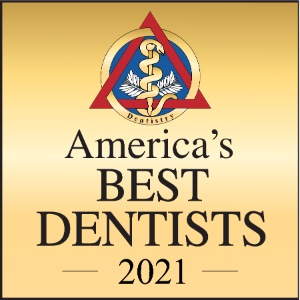Understanding Bad Breath: Causes and Concerns
Bad breath, also known as halitosis, is a common and often embarrassing issue. It’s estimated that around 75 million people in the U.S. suffer from bad breath, with over $10 billion spent each year on products to combat it.
It’s normal to have bad breath after eating certain strong-smelling foods like garlic or onions, but when bad breath becomes a constant problem, it’s usually a sign of something more. Chronic halitosis can be linked to a range of causes, including poor oral hygiene, dental problems, oral infections, smoking, dry mouth, medications, specific diets, metabolic disorders, or other systemic health issues.
Addressing Bad Breath from Oral Hygiene and Health Issues
For many people, chronic bad breath is tied to oral health issues, making a visit to the dentist an important first step. Without proper oral hygiene, odor-causing bacteria can spread throughout the mouth, on the tongue, and even on dentures that aren’t cleaned regularly. Regular dental checkups, thorough cleanings, and improvements in brushing, flossing, and denture care can often resolve these issues.
Other causes of bad breath related to oral health include dry mouth (xerostomia), gum disease, tooth decay, mouth sores, and post-surgical wounds. If bad breath is due to dental problems or injuries, your dentist will recommend the appropriate treatment to heal the issue. For those dealing with dry mouth, your dentist might suggest methods to increase saliva production, use artificial saliva, or other treatments. It’s also important to remember that dry mouth could be a side effect of medications needed for other health conditions.







